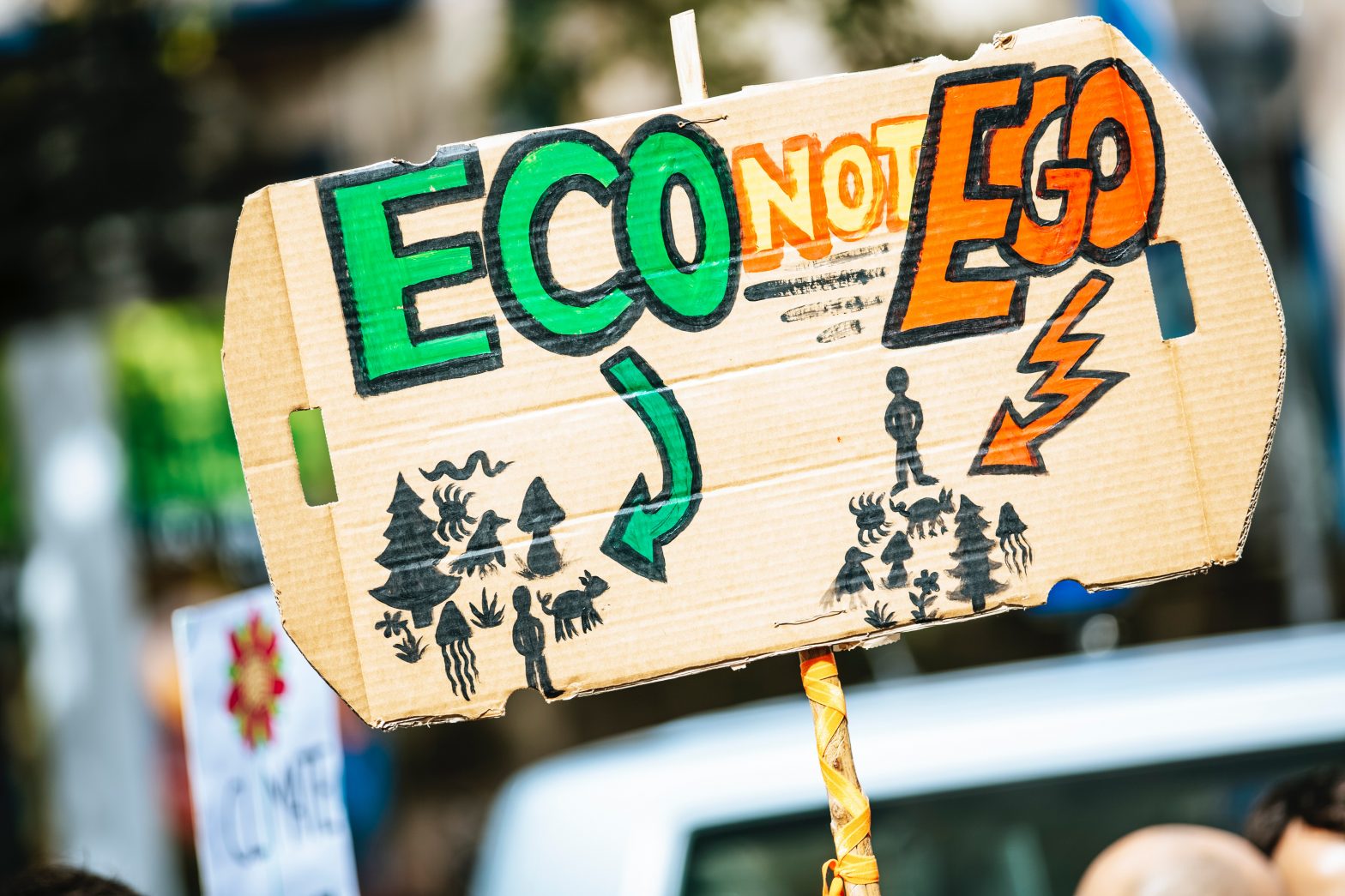By Heidi Blom
Insights into companies’ motivations to participate in voluntary climate actions
Companies are rational players and adapt their strategic plans and operation models intending to benefit from them. Their climate strategies combine their for-profit strategy and ethical values. This post explains some interesting results of my master thesis, which explores what motivates or drives companies into implementing climate actions and participating in voluntary climate actions and projects. Traditionally, it was thought that the for-profit operations and environmentally responsible actions were contradictory inconsistent. Nowadays they are increasingly thought to be possible to combine. However, the motive for including ethical notions in the strategic plans can be self-interest and companies might try to benefit through them. It is not unambiguous to differentiate the reasons behind.
Continue reading “Voluntary climate networks – emission reductions and less risky communication”




